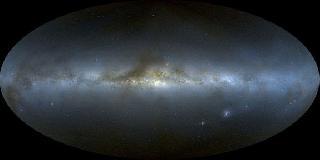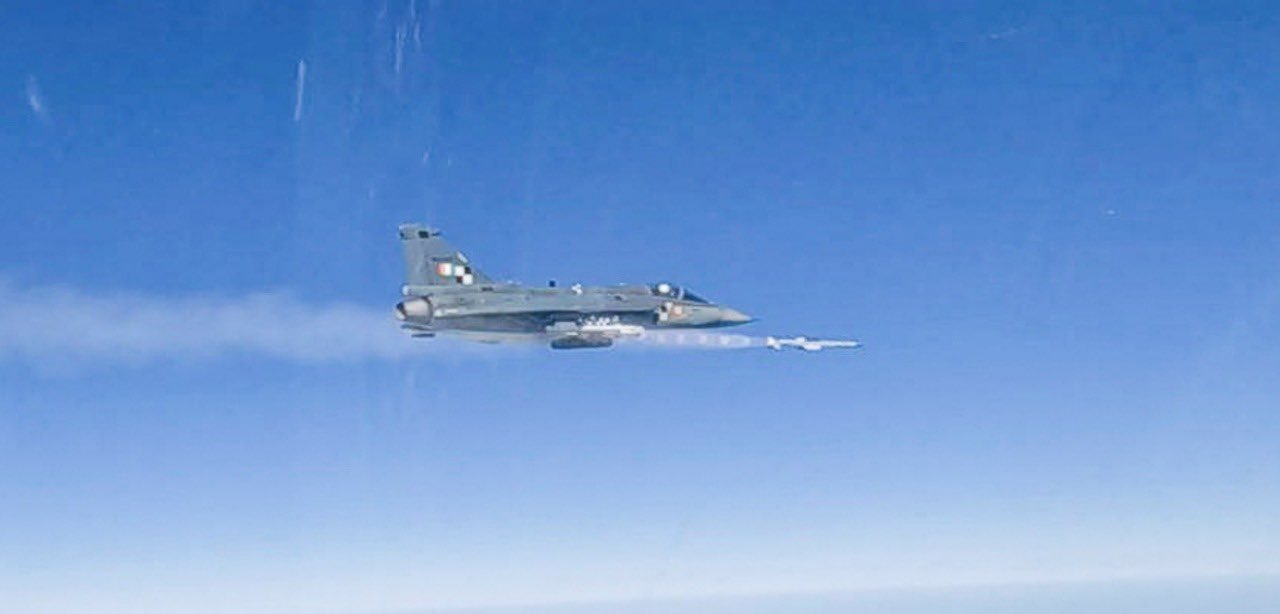
LONDON (PTI): Researchers have claimed that unusual radiation from dark matter in our galaxy detected by the Planck satellite may hold the clue to its origin in the Universe.
Researchers led by the Niels Bohr Institute in Denmark have found that the latest data from the Planck mission reveals unusual radiation from our own galaxy, which opens a new direction in understanding the most fundamental properties of the space, time and matter in the Universe.
The Planck satellite of the European Space Agency which was launched in 2009 has extremely sensitive instruments that can map microwave radiation in the entire sky with great precision.
"The radiation originates from synchrotron emission, i.e. electrons and positrons circulating at high energies around the lines of the Magnetic Field in the centre of the galaxy, and there are quite strong indications that it could come from dark matter," Pavel Naselsky from the Niels Bohr Institute at the University of Copenhagen said.
"We know from theoretical predictions that the concentration of dark matter particles around the centre of galaxies is very high and we have a strong argument they can collide there and in the collision electrons and positrons are formed," Naselsky said in a statement.
"These electrons and positrons start to rotate around the magnetic field at the centre of the galaxy and in doing so produce this very unusual synchrotron radiation," Naselsky added.
"It has simply not been possible to observe this radiation in such detail before, as previous instruments have not been sensitive enough. But with Planck, this unusual radiation is seen very clearly," the researcher said.
"The radiation cannot be explained by the structural mechanisms in the galaxy and it cannot be radiation from supernova explosions. I believe that this could be proof of dark matter. Otherwise, we have discovered absolutely new (and unknown for physics) mechanism of acceleration of particles in the Galactic centre," Naselsky said.
Exciting new results are expected within the next few months, the scientist added.
The findings have been published in ArXive.org.
 Previous Article
Previous Article Next Article
Next Article












The Indian Air Force, in its flight trials evaluation report submitted before the Defence Ministry l..
view articleAn insight into the Medium Multi-Role Combat Aircraft competition...
view articleSky enthusiasts can now spot the International Space Station (ISS) commanded by Indian-American astr..
view article